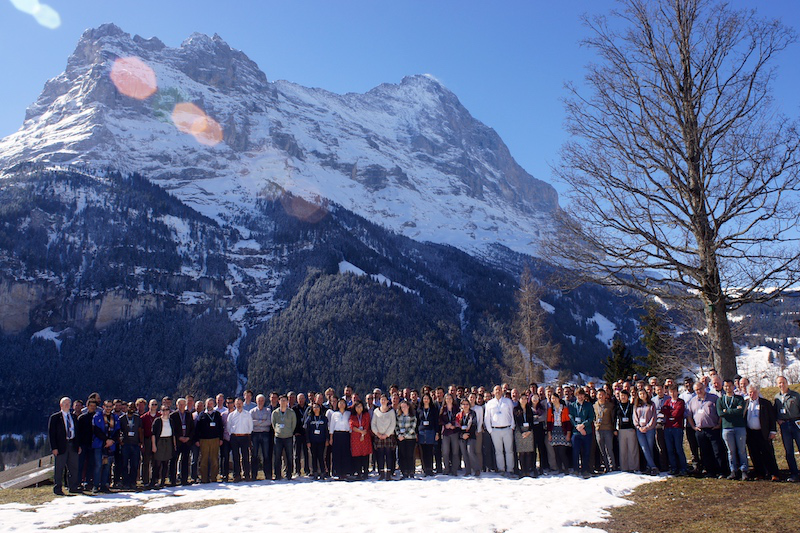Speaker
Description
NASA's Transiting Exoplanet Survey Satellite (TESS) will identify
thousands of planets orbiting nearby bright stars in a two-year survey
beginning in the Southern sky. MINERVA-Australis at USQ's Mount Kent
Observatory is the only southern hemisphere precise radial velocity
facility wholly dedicated to follow-up of TESS planets. Mass
measurements of these planets are critically necessary to maximise the
scientific impact of the TESS mission, to understand the composition of
exoplanets and the transition between rocky and gaseous worlds.
MINERVA-Australis is now operational at the University of Southern
Queensland's Mount Kent Observatory, with three of the planned six 0.7m
telescopes in place. I present first precise radial velocity results and
orbital solutions for TESS planets, and give an update on the
performance of MINERVA-Australis.
The Stellar Observations Network Group (SONG) is establishing a node at
Mount Kent. SONG-Australia will complete the global longitude coverage,
delivering breakthroughs in fundamental understanding of the interiors
of stars for decades to come. SONG-Australia is designed on a "MINERVA"
model, whereby fibres from multiple small telescopes feed a single
high-resolution spectrograph. As a result of these innovations,
SONG-Australia is expected to be fully operational by late 2019. I
present results from the Tenerife SONG node which is delivering 1 m/s
precision velocities.
